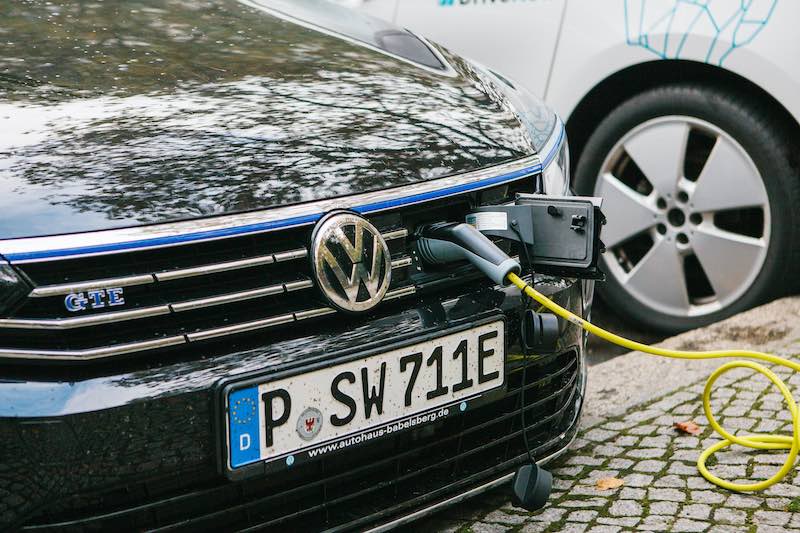Octopus Energy Launches EV Partnership with Volkswagen

Volkswagen EV owners will be encouraged to switch to a time of use tariff from Octopus Energy, as the companies ink a partnership to “fast-track” the uptake of electric vehicles.
Octopus’ green time of use tariff will allow Volkswagen drivers to benefit from cheaper overnight electricity prices to refuel their EVs and to run them on 100% renewable power.
The Octopus Go tariff is specially designed for EV owners, offering them four hours of nighttime charging at 5p per kilowatt-hour.
When these drivers switch to Octopus, Volkswagen will credit their energy accounts with £90—the equivalent of 8,000 free miles of driving on the ID.3, the German automaker’s newest electric car.
The partnership launched 18 September and will expand to include EVs from the Volkswagen Group’s Audi, SEAT, ŠKODA and Cupra brands this autumn.
Greg Jackson, chief executive and founder of Octopus Energy, said: “Tackling climate change means focusing on the biggest polluters, so switching transportation from dirty fossil fuels to clean green power has to be top of the agenda.
“It’s super exciting to see the world’s largest car manufacturer fully commit to electric vehicles – the only way to decarbonise our roads and protect our planet. Our partnership with Volkswagen is an important step towards transitioning to a renewable energy future globally, and we can’t wait to get started.”
This isn’t the first time Volkswagen has partnered with an energy supplier to help buyers of their EVs. In March, the manufacturer signed a three-year deal with Centrica, giving drivers access to a specialised British Gas energy tariff with cheaper off-peak electricity and to home charging systems installed by British Gas engineers.
The Volkswagen Group has plans to launch 80 electric and plug-in hybrid models globally by 2025, including a cheaper entry-level compact EV announced last week.
VW also believes it is poised to overtake Tesla in EV production. Bernd Osterloh, head of Volkswagen’s works council, said the manufacturer could achieve a production capacity of 1.5 million EVs by 2023 or earlier. Tesla currently has a production capacity of 690,000 vehicles, with plans to add 500,000 to that count by the end of the year.
Britons considering buying a new car should seriously consider an electric vehicle. Reports suggest the government will bring forward the ban on petrol, diesel and hybrid vehicles to 2030, from the original phase-out date of 2040.
Read on our blog

With the government poised to implement tough new measures to...

Budget broadband provider TalkTalk has been notifying customers via email...

A year-long investigation by charity Citizens Advice has revealed a...

Education Secretary Nadhim Zahawi has announced a new commitment to...
